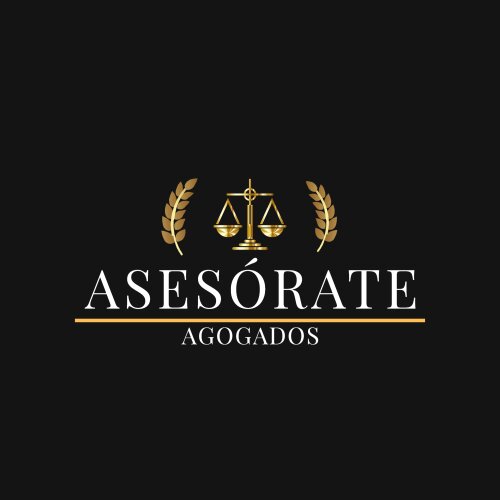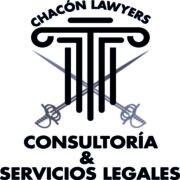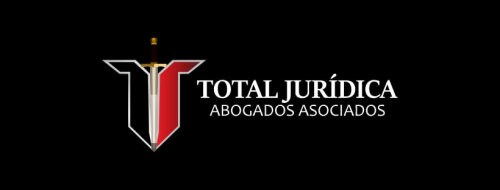Best Civil & Human Rights Lawyers in Bogota
Share your needs with us, get contacted by law firms.
Free. Takes 2 min.
List of the best lawyers in Bogota, Colombia
About Civil & Human Rights Law in Bogota, Colombia
Civil and Human Rights law in Bogota is primarily guided by Colombia’s Constitution, which is considered one of the most progressive in Latin America concerning human rights. It guarantees fundamental protections such as equality before the law, freedom of expression, the right to due process, and protection against discrimination or abuse. Bogota, as the capital city, follows both national laws and specific municipal regulations that improve the enforcement and accessibility of these rights. Human rights are further supported by Colombia’s international commitments, including adherence to the Universal Declaration of Human Rights and various regional treaties.
Why You May Need a Lawyer
Individuals in Bogota may need a civil or human rights lawyer for several reasons. Common scenarios include facing discrimination at work or in public services, experiencing violations of privacy or property, suffering abuse by authorities, or seeking to protect freedoms such as speech, assembly, or religion. Victims of gender-based violence, unlawful detention, or unfair treatment by government agencies may also require legal support. Lawyers are essential for navigating complex complaint procedures, accessing remedies, and ensuring all available legal protections are invoked in these sensitive matters.
Local Laws Overview
Colombia’s legal framework strongly upholds civil and human rights, anchored in the 1991 Constitution. Key protections relevant in Bogota include:
- Right to life, personal security, and freedom from torture or inhumane treatment.
- Equal treatment regardless of race, gender, sexual orientation, religion, or social status.
- Accessibility and due process in judicial and administrative proceedings.
- Freedom of expression, assembly, and association.
- Right to privacy and protection of personal data.
- Protections for vulnerable groups, including children, women, minorities, and internally displaced persons.
In Bogota, the District’s “Secretaría de Gobierno” works alongside national agencies to enforce these rights. The city has recently strengthened measures against discrimination and police abuse and has improved public access to legal support services. Cases can be brought before local courts, and “tutela” actions (a special legal remedy in Colombia) allow for speedy protection of fundamental rights when they have been violated or threatened.
Frequently Asked Questions
What is the procedure if my civil or human rights are violated in Bogota?
You can file a complaint with the relevant authority, such as the Ombudsman (Defensoría del Pueblo), the Personería de Bogotá, or initiate a legal action via a tutela to seek immediate protection of your rights.
What is a tutela and when should I use it?
A tutela is a fast-acting legal claim designed to protect fundamental constitutional rights that have been violated or are under threat. It is commonly used when no other legal remedy is available or effective, and courts must rule on tutelas within ten days.
How do I report discrimination?
You can report discrimination to the Personería de Bogotá, the Unidad para los Derechos Humanos, or file a complaint with the police or prosecutor’s office. It is important to collect and provide any evidence of the incident.
Can I get free or low-cost legal help in Bogota?
Yes, several governmental bodies, universities, and non-governmental organizations (NGOs) in Bogota provide free or low-cost legal advice and representation for civil and human rights cases.
Are there specific protections for vulnerable groups such as women or minorities?
Colombian law includes enhanced protections and anti-discrimination measures for vulnerable groups, including gender-based violence prevention, protection for ethnic minorities, LGBTQ+ rights, and support for people with disabilities.
What should I do if I am mistreated by police or other authorities?
You have the right to file a complaint with the Personería de Bogotá or Defensoría del Pueblo. Keeping careful records of the incident and any evidence is essential for your case.
How long does it take to resolve a human rights complaint?
Timelines vary depending on the complexity of the case. Tutelas are usually resolved within ten days, while other complaints or legal processes may take longer, sometimes several months.
Can foreign residents seek civil and human rights protection in Bogota?
Yes, all people in Bogota, regardless of nationality, are protected by Colombia’s civil and human rights laws, including the right to legal recourse and protection against discrimination.
What evidence do I need to support my case?
It is essential to gather any documentation, witness testimony, photographs, videos, or written communication related to the incident. The more concrete evidence you have, the stronger your case will be.
What role do human rights organizations play in Bogota?
Human rights organizations monitor and advocate for the protection of rights, provide legal advice, represent clients in court, and raise public awareness about rights issues. They are valuable allies for individuals facing rights violations.
Additional Resources
If you need advice or assistance regarding civil and human rights in Bogota, consider reaching out to these resources:
- Defensoría del Pueblo: Colombia’s national Ombudsman office that protects and promotes human rights for all inhabitants.
- Personería de Bogotá: Represents citizens’ interests before local authorities and handles complaints regarding public administration and human rights.
- Secretaría de Gobierno de Bogotá: City government body responsible for upholding public order and rights protections.
- Colombia Diversa: NGO specializing in the protection of LGBTQ+ rights.
- Dejusticia: Legal research center providing advocacy and support for marginalized groups.
- Red Nacional de Clínicas Jurídicas: Network of university legal clinics offering free legal advice in various areas, including human rights.
Next Steps
If you believe your civil or human rights have been violated in Bogota, act promptly to preserve your rights and gather any available evidence. Consider the following steps:
- Document the incident and collect supporting evidence.
- Reach out to relevant authorities or support organizations listed above.
- Consult with a qualified civil and human rights lawyer, especially for complex or urgent cases.
- If immediate protection is needed, file a tutela action for rapid judicial intervention.
- Keep all records and correspondence related to your case carefully stored.
Seeking legal advice early can make a significant difference in the outcome of your case. Do not hesitate to use available free or low-cost resources, and always ask for clarification about your rights and possible remedies specific to your situation in Bogota.
Lawzana helps you find the best lawyers and law firms in Bogota through a curated and pre-screened list of qualified legal professionals. Our platform offers rankings and detailed profiles of attorneys and law firms, allowing you to compare based on practice areas, including Civil & Human Rights, experience, and client feedback.
Each profile includes a description of the firm's areas of practice, client reviews, team members and partners, year of establishment, spoken languages, office locations, contact information, social media presence, and any published articles or resources. Most firms on our platform speak English and are experienced in both local and international legal matters.
Get a quote from top-rated law firms in Bogota, Colombia — quickly, securely, and without unnecessary hassle.
Disclaimer:
The information provided on this page is for general informational purposes only and does not constitute legal advice. While we strive to ensure the accuracy and relevance of the content, legal information may change over time, and interpretations of the law can vary. You should always consult with a qualified legal professional for advice specific to your situation.
We disclaim all liability for actions taken or not taken based on the content of this page. If you believe any information is incorrect or outdated, please contact us, and we will review and update it where appropriate.
Browse civil & human rights law firms by service in Bogota, Colombia
Bogota, Colombia Attorneys in related practice areas.
















